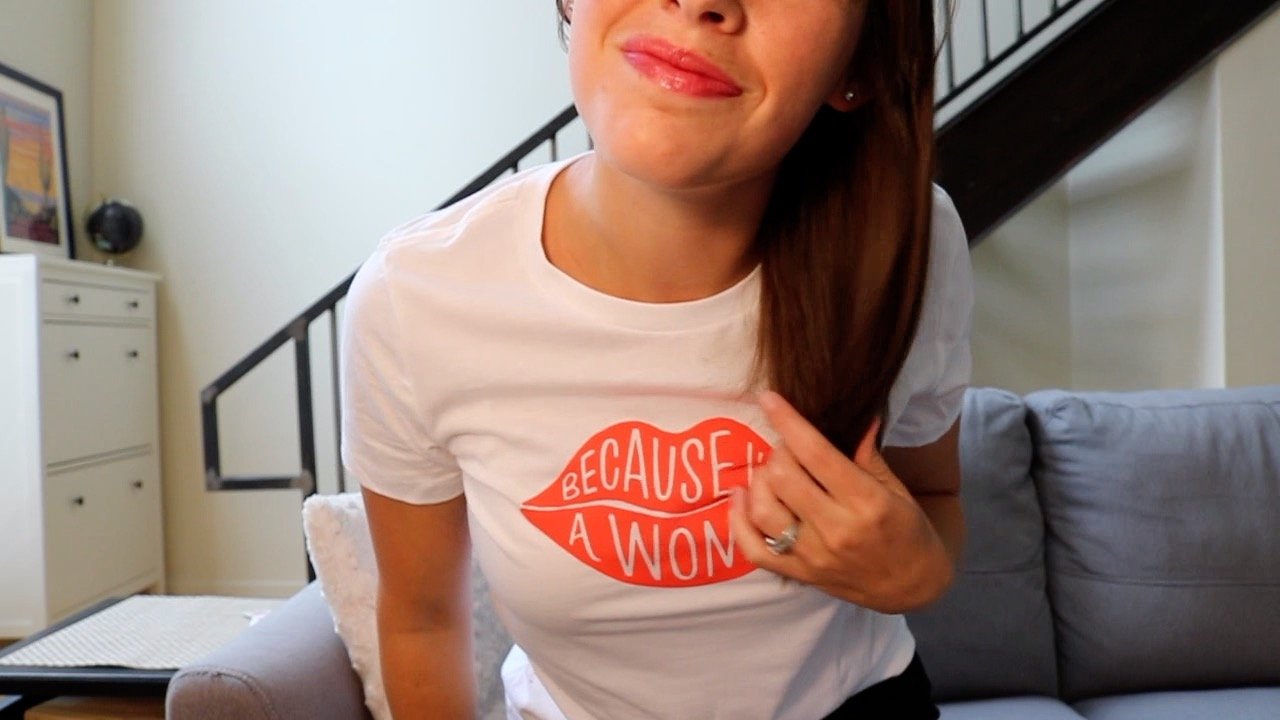
Why “bricolage” is a word you need to know as a creative
Bricolage is the positive state of 'making do with what's at hand'. Instead of focusing on the resources you lack, bricolage forces you to rely on your breadth of knowledge and skills to create something new--something unique to you. It is at the heart of creativity and innovation.

Why "strong women" labels can hurt all women
The rhetoric used in conversations of female strength often promotes the idea that there are some strong women, rather than promoting the truth that all women are strong. I want to see this change.

Are self-help books for women a path to changing society?
Would you be surprised to learn that many of the female business books that are popular today are quite similar to those that were popular in the 60s? I sure was surprised when I learned that! From an academic perspective, the conversation around women and business has already evolved enough that there are different 'periods' to describe the differences.
Understanding the good and bad of intuitive decision making
Intuition gets a lot of credit for leading people to make healthy, aligned decisions. There is a lot of talk in health and wellness circles about intuitive eating, exercise and self care. But does the data behind intuition-based decisions align for bigger life decisions?
How feminine style rhetoric can go wrong
Feminine style rhetoric has excellent advantages for bringing a group together around a central goal. It's an effective style of communicating because it draws upon commonalities and unifies people based on shared understanding. So, if those are the strengths of feminine style rhetoric, what happens when the opposite occurs?
What is feminine-style rhetoric?
'Feminine style' doesn't mean 'women do this'. It's broader than that. Feminine style indicates that the characteristic traits of the style are softer, group focused and collaborative. Rhetoric is the artform of communicating and persuading an audience. Rhetoric is the thought and planning about how information is structured and presented for optimal impact.
How to use your words with integrity
How to use your words with integrity - My top 5 tips to help you preserve truthfulness and become a leader people will trust! In this episode of the Feminine Foresight series, I challenge you to think about the integrity of your own words.
Understanding bias & double standards for women
So if a woman is able to get to a higher leadership position in a company, then she must be very capable and she must have overcome a lot of difficulties to get there. Then she is probably seen as a stronger leader than the men that have also reached that goal with perceivably fewer barriers or fewer difficulties.
The 'bossy' lady struggle
Today's topic is all about the term, "bossy." Why we hate that term "bossy," why we are afraid of being called bossy and what we sometimes do so that we don't end up being labeled as bossy and how that can affect our leadership and just our view of ourselves as women and the way that we view other women, etc.
Why 'women's leadership' is a conversation we need to move past
Anytime that there is a social issue; whether it has to do with gender issues, racial issues or disability issues, there is a group of people that is being disadvantaged that the issue revolves around. When this happens, it becomes a topic that we need to talk about. So to move past this conversation would mean it’s no longer a prevalent issue.
What is Feminine Foresight?
I called this series Feminine Foresight because I wanted to pinpoint one of the underlying issues – that many of us hold a deep seeded belief that we (as women) aren’t cut out for leadership. So, I named my series Feminine Foresight to highlight the feminine aspect of leadership.
